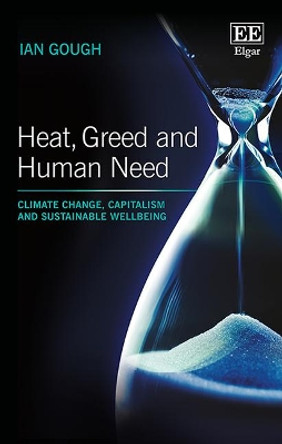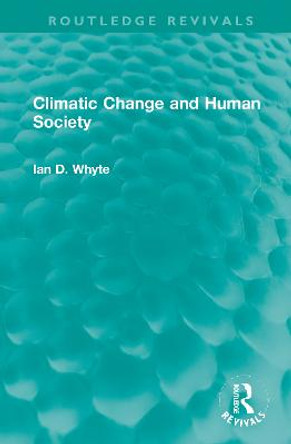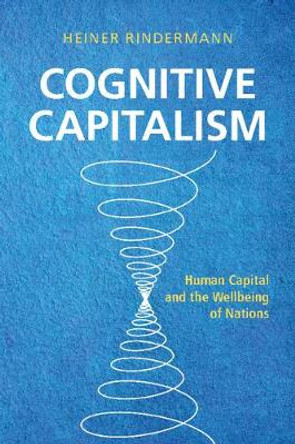Description
- Paul Ekins, UCL Institute for Sustainable Resources, UK
'Gough applies his trademark scholarship on universal human needs to the urgent question of social policy for the transition to a de-carbonised world. Based on a clear-eyed analysis of a wide swathe of the social science literature, and an eco-social political economy perspective, his approach is both pragmatic and deeply rooted in ethics and social justice. Highly recommended and suitable for teaching at all levels.'
- Juliet B. Schor, Boston College
This exceptional book considers how far catastrophic global warming can be averted in an economic system that is greedy for growth, without worsening deprivation and inequality. The satisfaction of human needs - as opposed to wants - is the only viable measure for negotiating trade-offs between climate change, capitalism and human wellbeing, now and in the future.
The author critically examines the political economy of capitalism and offers a long-term, interdisciplinary analysis of the prospects for keeping the rise in global temperatures below two degrees, while also improving equity and social justice. A three-stage transition is proposed with useful practical policies. First, 'green growth': cut carbon emissions from production across the world. Second, 'recompose' patterns of consumption in the rich world, cutting high-energy luxuries in favour of low-energy routes to meeting basic needs. Third, because the first two are perilously insufficient, move towards an economy that flourishes without growth.
Heat, Greed and Human Need is vital for researchers and students of the environment, public and social policy, economics, political theory and development studies. For those advocating political, social and environmental reform this book presents excellent practical eco-social policies to achieve both sustainable consumption and social justice.
About the Author
Ian Gough, Visiting Professor, Centre for the Analysis of Social Exclusion, London School of Economics, UK
Reviews
'Ian Gough has done something no one else has yet achieved. He has brought together theoretical and empirical analysis in four different fields - economy, ecology, social policy and politics - to produce a coherent and convincing analysis of why climate change is occurring, its human and social consequences, and how it can be addressed. Gough attaches the rigour of social science to a deeply humanitarian ethical framework; he provides at once a profound understanding of how serious climate change is and a clear-eyed realism about the kind of political and economic programme which might be able to stop it. This is a very important book.'
--Michael Jacobs, University College London, UK
'Ian Gough has hit the sweet spot. He has shown us how it is possible to reduce inequality, satisfy human needs in culturally diverse ways and reduce the risks of dangerous climate change. What's more, his commanding and wide-ranging critical engagement with the theory and practice of managing the transition to a safer climate demonstrates that, far from being a diversion from this project, prioritising human needs and reinventing the welfare state are critical to its political success.'
--Robyn Eckersley, University of Melbourne, Australia
'A profoundly original intervention in the ongoing debate about climate change. A particularly interesting feature of the book is the way in which the author brings his expertise on welfare to bear on climate policy. Sustainable wellbeing is his guiding principle.;
--Anthony Giddens, Member of the House of Lords and former Director of the LSE, UK
Book Information
ISBN 9781785365126
Author Ian Gough
Format Paperback
Page Count 264
Imprint Edward Elgar Publishing Ltd
Publisher Edward Elgar Publishing Ltd









